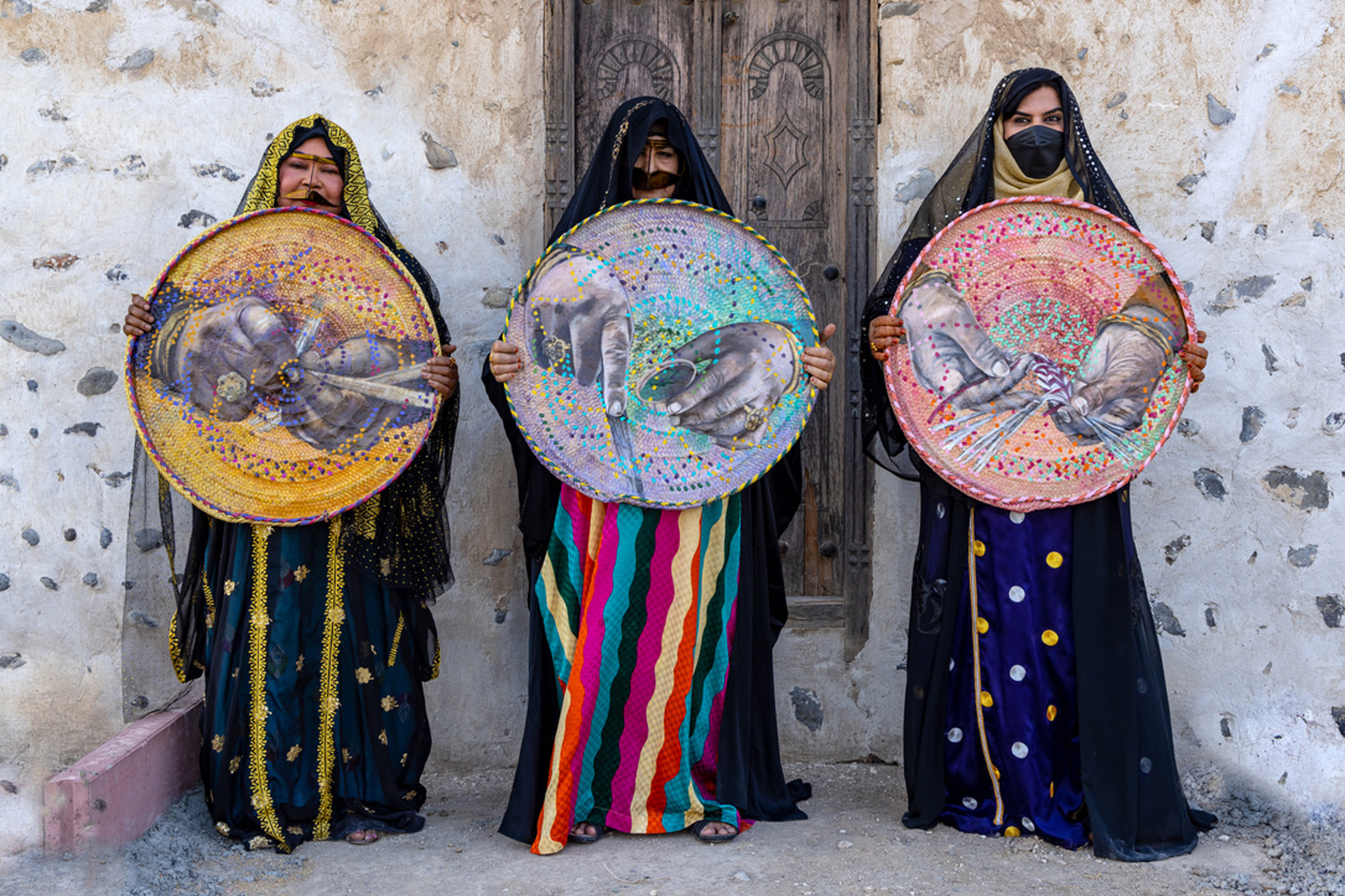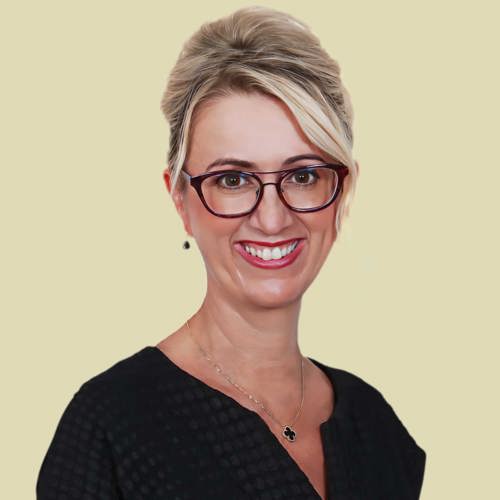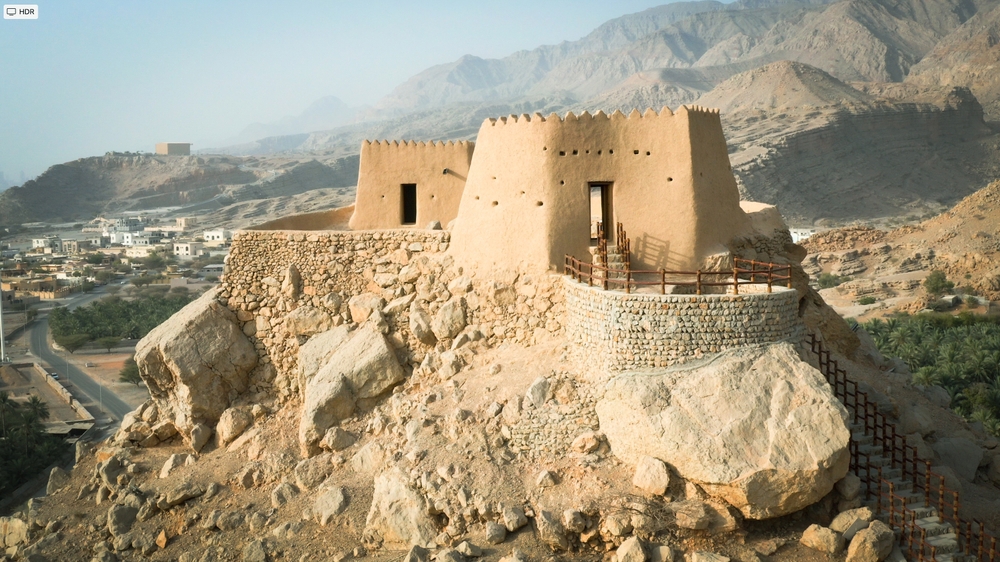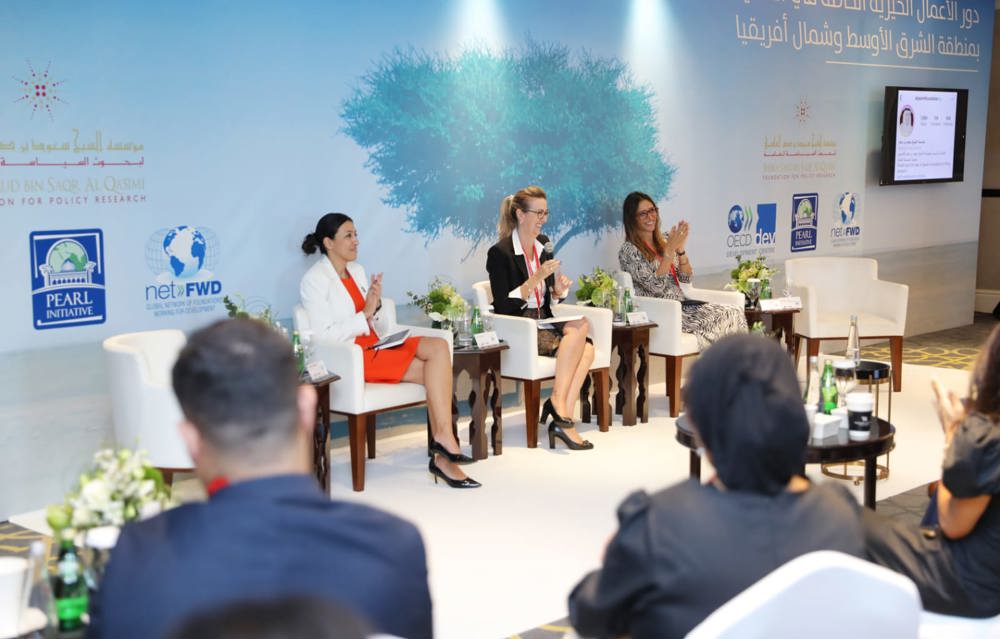Collaboration is the key
Al Qasimi Foundation executive director Natasha Ridge on why regional donors need to work together
Tuesday, 24 October 2023

Al Qasimi Foundation executive director Natasha Ridge on why regional donors need to work together
Tuesday, 24 October 2023

 Dr. Natasha Ridge is the executive director of the Sheikh Saud bin Saqr Al Qasimi Foundation for Policy Research. Based in Ras Al Khaimah, United Arab Emirates, the Al Qasimi Foundation is a think tank that focuses on conducting and facilitating research on education, public health, and urban development. Prior to this role, Natasha was the acting director of research at the Dubai School of Government and has also consulted on curriculum, assessment, training, and other aspects of educational policy for the World Bank, UNICEF, and USAID in Kyrgyzstan, Tajikistan, and Uzbekistan.
Dr. Natasha Ridge is the executive director of the Sheikh Saud bin Saqr Al Qasimi Foundation for Policy Research. Based in Ras Al Khaimah, United Arab Emirates, the Al Qasimi Foundation is a think tank that focuses on conducting and facilitating research on education, public health, and urban development. Prior to this role, Natasha was the acting director of research at the Dubai School of Government and has also consulted on curriculum, assessment, training, and other aspects of educational policy for the World Bank, UNICEF, and USAID in Kyrgyzstan, Tajikistan, and Uzbekistan.
Without effective collaborations, even the best intentioned and meaningful philanthropic efforts are doomed to failure. Effective collaboration should not only be between philanthropic organisations but also with governments, with the private sector and of course, most importantly, with the communities we seek to serve.
Working together in this way can help to mobilise more funding to support those who are in need and to streamline efforts. Stronger collaboration also increases the sustainability of projects as donors are more likely to stand by a programme when there are multiple funders involved.
Since the Ruler of Ras Al Khaimah His Highness Sheikh Saud bin Saqr Al Qasimi established the Al Qasimi Foundation, a philanthropic organisation based in the United Arab Emirates (UAE) in 2009, we have been prioritising collaboration for all activities and initiatives we undertake.
As a foundation that focuses on both research and programmatic work, we strive to be a bridge between and resource for researchers, policymakers, organisations, and the community. More importantly, however, we hope to contribute to the improvement of people’s overall quality of life through our mandate to support the social, cultural, and economic development of our local emirate and the wider UAE.
Reflecting on the time that I have spent at the foundation, my biggest takeaway is to say yes to collaboration as much as possible and to build meaningful networks with other entities working in the same sector. At the foundation, we always try to help other organisations as much as possible through providing resources, reviewing material, or even just facilitating connection with other entities.
"While we are encouraged by the general attitude to giving in the region, we are also aware that a lot more can be done."

Al Dhayah Fort in Ras Al Khaimah in the UAE. Photo: Shutterstock.
This was our main purpose in co-hosting the event “Private Philanthropy for Development in the Middle East and North Africa (MENA)” in October 2022. This event, which was the fruit of a local and international collaboration with the Organisation for Economic Co-operation and Development (OECD) netFWD and the Pearl Initiative, brought together over 40 like-minded foundations from the MENA region, as well as donors and policymakers, to forge partnerships with one another in order to work more efficiently and effectively with our communities.
Another example of one of our longest standing collaborative endeavours is Ras Al Khaimah Art, a nonprofit community arts festival that showcases the diverse work of local and international artists, photographers, and filmmakers. Taking place annually, the festival brings together community members and a variety of cultural partners, with the 2023 edition including the Embassy of the Netherlands, the Marinko Sudac Foundation, the Consulate General of the Republic of Korea, and FLICK Cameras, among others. Through such collaborations, we have been able to keep costs at a minimum and ensure the festival’s accessibility to all community members regardless of ethnicity, gender, or socioeconomic background.
In addition to partnering with international philanthropies and organisations, we also strongly believe in the importance of working hand-in-hand with local actors in Ras Al Khaimah and the UAE. Over the past two years, for example, we have been addressing numerous issues pertaining to animal welfare. Beginning with research efforts and culminating in the establishment of an intergovernmental animal welfare committee in Ras Al Khaimah, we then partnered with the UAE Ministry of Climate Change and Environment to spread greater awareness about animal care and wellbeing across the country.
More recently, we have also established a legal reform committee in Ras Al Khaimah to explore alternatives and forward-thinking crime prevention measures for those who have committed minor offenses. The committee is comprised of representatives from the Public Prosecution Department, RAK Courts, the local shelter for women and children, correctional facility, and a legal firm from the UAE.
"Without purposeful collaboration, we may miss critical opportunities to join forces to better aid the people we serve."

Al Qasimi Foundation hosted “Private Philanthropy for Development Communities in the Middle East and North Africa in collaboration with the OECD and Pearl Initiative.
In our experience, being an organisation that is willing to help other entities – as well as community members – provides us with a far better chance of succeeding and being seen as a partner rather than just a funder.
Here in the Gulf, we have an increasingly vibrant and expansive philanthropic sector with donors focusing on a range of sectors from education and health to the environment, livelihoods, and community support. The region’s giving ecosystem is also extremely diverse. It comprises a mix of private family philanthropies, corporates, and state-funded philanthropic organisations, exhibiting a range of approaches, from basic charity and support, to more advanced forms of grant-making and venture philanthropy programmes.
Giving is heavily rooted in the local culture, which also prioritises giving back to community members who are in need. While we are encouraged by the general attitude to giving in the region, we are also aware that a lot more can be done. Part of our efforts to influence philanthropy regionally and globally has been to invest in the Sustainable, Local, Open, and Welcoming (SLOW) Philanthropy initiative, where collaboration is a cross-cutting theme across each pillar.
We believe collaboration contributes to better financial sustainability, greater awareness of local needs and priorities, openness to new feedback, and being connected and accessible to the local community. This enables philanthropic funders to better leverage and utilise funds for the good of those who need them while avoiding the duplication of efforts by sharing essential knowledge across organisations.
In summary, without purposeful collaboration, we may miss critical opportunities to join forces to better aid the people we serve. More importantly, we must avoid the very real risk of unintentionally overlooking the people who need the most help. Having conversations within these sectors is a very helpful first step to changing the philanthropic landscape. However, having a positive impact necessitates moving past formalities to establish tangible and deep partnerships with our philanthropic counterparts both locally and regionally in order to achieve meaningful change.
Hero image Edit Bil Yad (By Hand) paintings on woven palm frond bases by Dubai-based visual artist Perry El-Ashmawi, one of the participants in the Al Qasimi Foundation's resident artists programme in RAK. Photo: Marisa Engelbrecht.
It's a good idea to use a strong password that you're not using elsewhere.
Remember password? Login here
Our content is free but you need to subscribe to unlock full access to our site.
Already subscribed? Login here